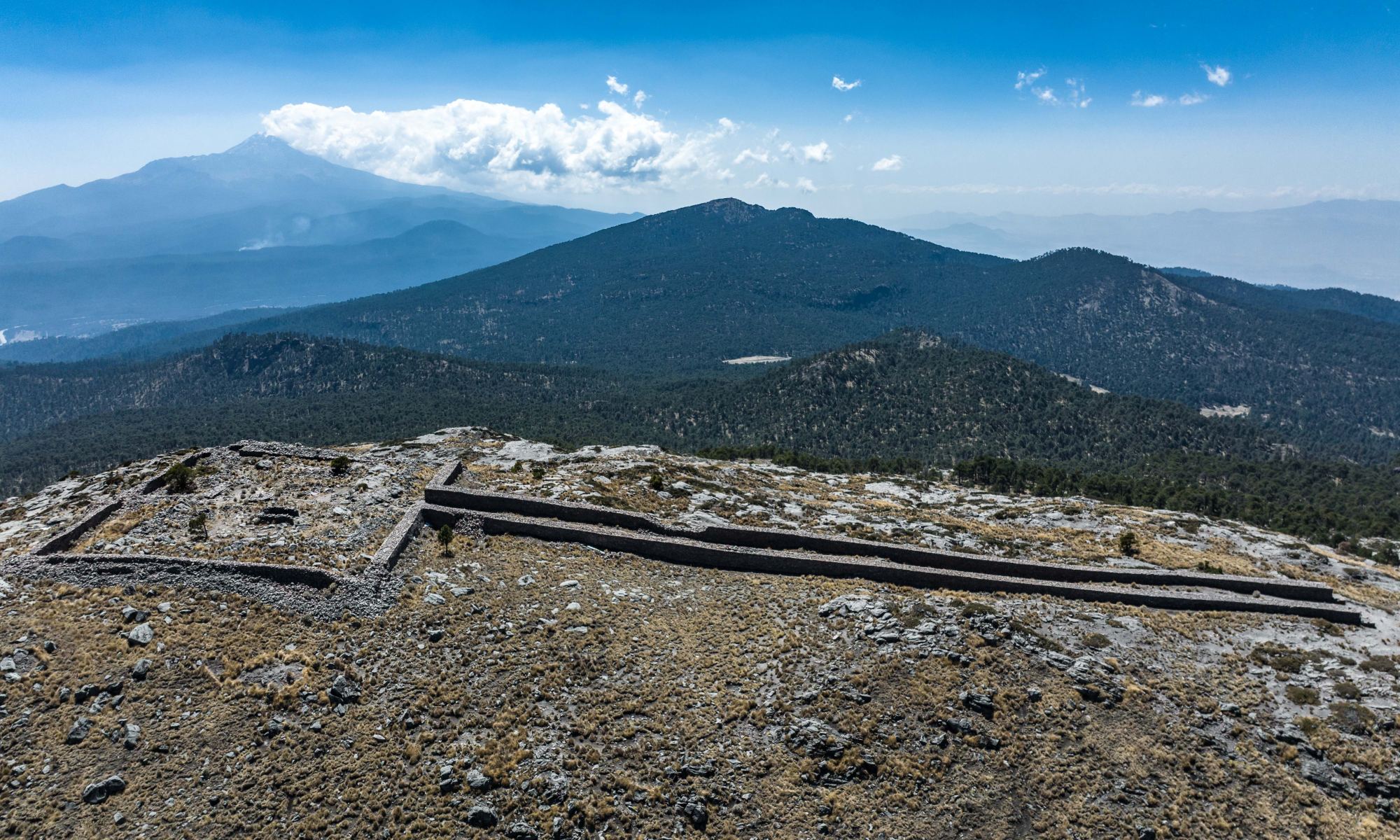Pre-Columbian Mexico (or Mesoamerica) hosted one of the largest civilizations and populations in the world. The most well-known and dominant of these civilizations (prior to the arrival of the Conquistadors) were the Aztecs (or Mexica). Their empire, known as the Triple Alliance, was centered around Lake Texcoco and consisted of the major cities Tenochtitlan, Texcoco, and Tlacopan. In addition to engineering massive temples, aqueducts, canal systems, and estuaries, the Aztecs are renowned for being accomplished astronomers and agronomists.
At the height of their power, the Aztec Empire supported a population of up to 3 million in the Valley of Mexico, and many of their largest cities had populations exceeding 100,000. This was not easy, given that the region is characterized by arid springs followed by winter monsoons. According to recent research by the University of California Riverside (UCR), the Aztecs used mountain alignments as a solar observatory to create an accurate agricultural calendar. This allowed their farmers to produce enough food to feed one of the most densely-populated regions on Earth.
Continue reading “Aztecs Used an Extremely Accurate Solar Observatory to Manage Their Farming”
